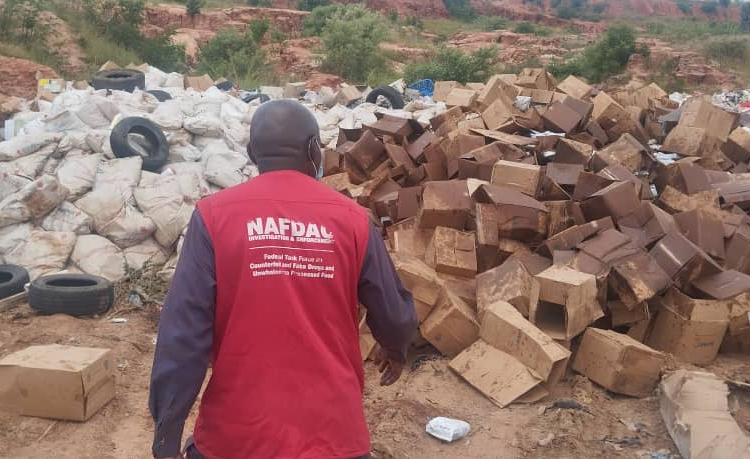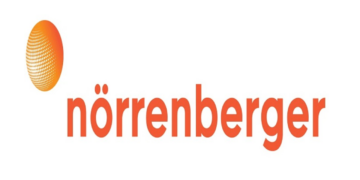Despite renewed efforts to combat counterfeit drugs, unregistered pharmaceuticals, and illicit drug activities in Nigeria, the trade has continued to boom, posing severe risks to public health.
Data obtained from the National Agency for Food and Drug Administration and Control (NAFDAC) by our correspondent revealed that in 2022 and 2023, the agency sealed hundreds of illegal drug outlets, arrested offenders, and destroyed substandard products worth over N21 billion.
The offenders included 1,125 drug stores selling unregistered products which were sealed, 62 factories involved in illicit production were also shut down while 108 warehouses storing unapproved goods were sealed.
The data further showed that 412 individuals were arrested in connection with these illegal activities and are facing prosecution.
According to NAFDAC, the total street value of the destroyed products amounted to N21.159 billion.
Beyond economic losses, the health consequences of counterfeiting are devastating. Patients unknowingly consuming fake or substandard medications may develop complications, suffer treatment failures, or even die, further straining Nigeria’s already burdened healthcare system.
According to the World Health Organisation (WHO), one in ten medical products in low- and middle-income countries is either substandard or falsified, and Nigeria is no exception.
NAFDAC’s Investigation and Enforcement Directorate (IED) was established in 2001 to combat Substandard and Falsified (SF) Drugs, Unwholesome Foods, as well as other NAFDAC Regulated Products.
The agency has been at the forefront of the battle against counterfeit drugs, but the agency faces significant legal challenges. The punishment for selling fake drugs under current laws includes a fine of up to N500,000 and a maximum prison sentence of 15 years, a penalty experts say is too lenient given the scale of the crime.
NAFDAC’s Public Relation Officer, Lagos, Mrs Christy Obiazikwor, criticised the weak legal framework, stating that, “The current laws do not serve as a deterrent. Offenders can simply pay a small fine and walk free, undermining our efforts to curb drug counterfeiting.”
She revealed that some cases have dragged on for over a decade in courts. “There are cases we’ve been prosecuting since 2010 that are still unresolved,” Obiazikwor lamented
To address this, NAFDAC is pushing for legal reforms, with proposed amendments currently before the National Assembly to introduce stiffer penalties for drug counterfeiters.
The National Treasurer, Pharmaceutical Society of Nigerian (PSN), Kilani Jelili, condemned counterfeit drug dealers, likening them to hired killers. “These people are criminals who prioritise profit over human lives. No trained pharmacist would ever engage in drug counterfeiting.”
Kilani, who is also a deputy director at the National Hospital, Abuja, emphasised that counterfeiters are often untrained individuals who pick up rudimentary pharmaceutical knowledge from working in factories and later exploit it for illegal production.
Also, a legal expert and managing partner at Magna Legalese Limited, Suleiman Hassan Gimba, described Nigeria’s fight against counterfeit drugs as a mixed outcome.
He said while NAFDAC’s regulatory efforts have led to major seizures, fake medicines remain widespread, accounting for an estimated 15-17 percent of drugs in circulation (WHO, 2023).
He identified three major obstacles as porous borders allowing the easy smuggling of counterfeit drugs, corruption within regulatory and enforcement agencies and weak inter-agency coordination
Gimba argued that Nigeria’s penalties are inadequate compared to other countries like China and India, where large-scale drug counterfeiting attracts life imprisonment or even capital punishment.
He recommended higher fines, beyond N500,000, to match the billions involved in the illegal drug market, asset forfeiture for convicted counterfeiters and longer prison sentences to serve as a deterrent.





